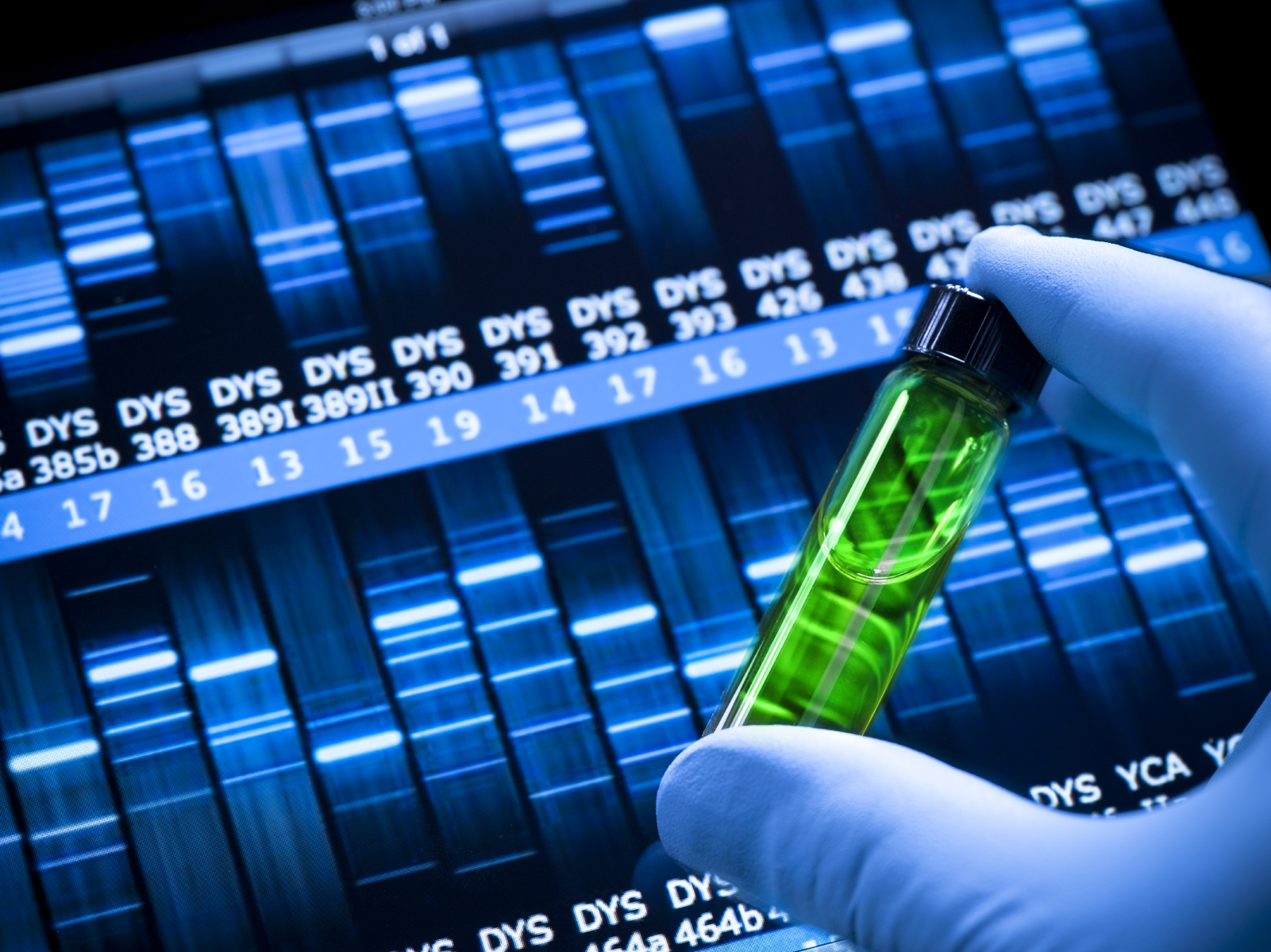Byline: Nora Dunne
-

Targeting an Ion Channel to Treat Common Pediatric Brain Tumor
A study co-authored by Northwestern Medicine scientist Rintaro Hashizume, MD, PhD, identified the EAG2 potassium channel as a target for treating medulloblastoma.
-

Exploring How Cells Forge Strong and Flexible Bonds
In a recent study, Northwestern Medicine scientists described a new process that explains how the adhesion between epithelial cells occurs.
-

Regulating the First Step in Gene Expression
Northwestern Medicine scientists have identified the molecular machinery that releases paused gene expression, a finding that helps explain how important developmental genes jumpstart simultaneously.
-

New Partnership Unites All Fields of HIV Research
The Third Coast Center for AIDS Research, a partnership between Northwestern University, the University of Chicago, the Chicago Department of Public Health and several community organizations, integrates multiple disciplines of research to help slow and stop HIV.
-

Explaining How a Common Set of Genes Drives Cancer
Behnam Nabet, ’15 PhD, who just completed his doctorate in the Driskill Graduate Program in Life Sciences, studied how mutated Ras genes turn normal cells into cancer cells in a new publication.
-

Sorting Proteins for Cell Communication
Northwestern Medicine scientist Jeffrey Savas, PhD, and colleagues identified a receptor that sorts proteins in synapses, a finding that may augment future treatments for multiple neurological diseases and disorders.
-

Protein Found to Control Inflammatory Response
A new Northwestern Medicine study shows that a protein called POP1 prevents severe inflammation and, potentially, diseases caused by excessive inflammatory responses.
-

Goldberger to Lead Cardiology at University of Miami
After 25 years on Feinberg’s faculty, Jeffrey Goldberger, MD, professor in Medicine-Cardiology, will become chief of cardiology at the University of Miami Miller School of Medicine.
-

Confronting Lupus Health Disparities
With a new grant from the Office of Minority Health, Northwestern Medicine investigators will work with Latino/Hispanic communities to identify and treat patients with lupus.
-

NUCATS Awarded $27.2 Million to Transform Scientific Discovery into Treatments
The Northwestern University Clinical and Translational Sciences Institute has received a four-year, $27.2 million grant from the National Institutes of Health’s National Center for Advancing Translational Sciences that will focus on promoting clinical trials.






